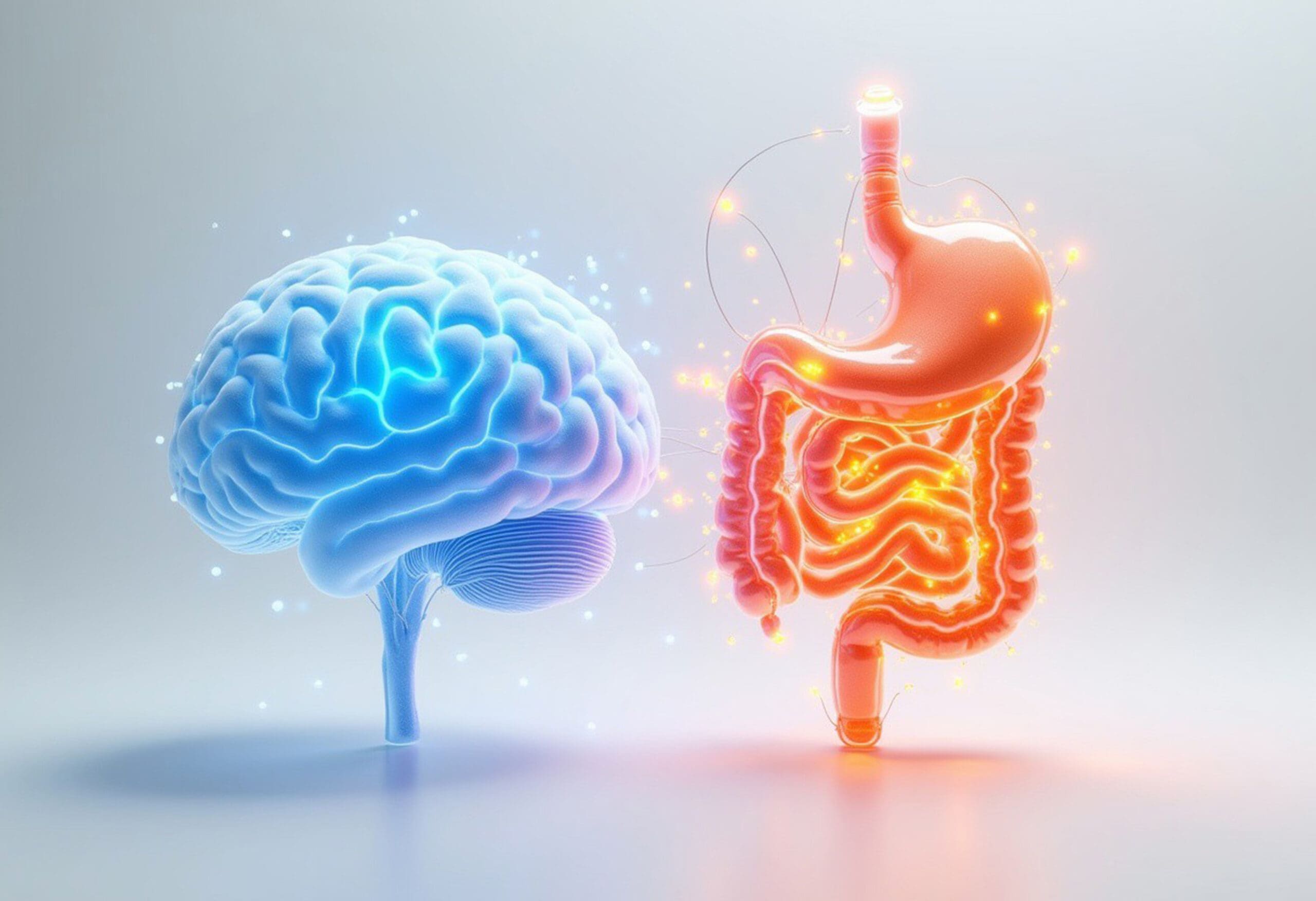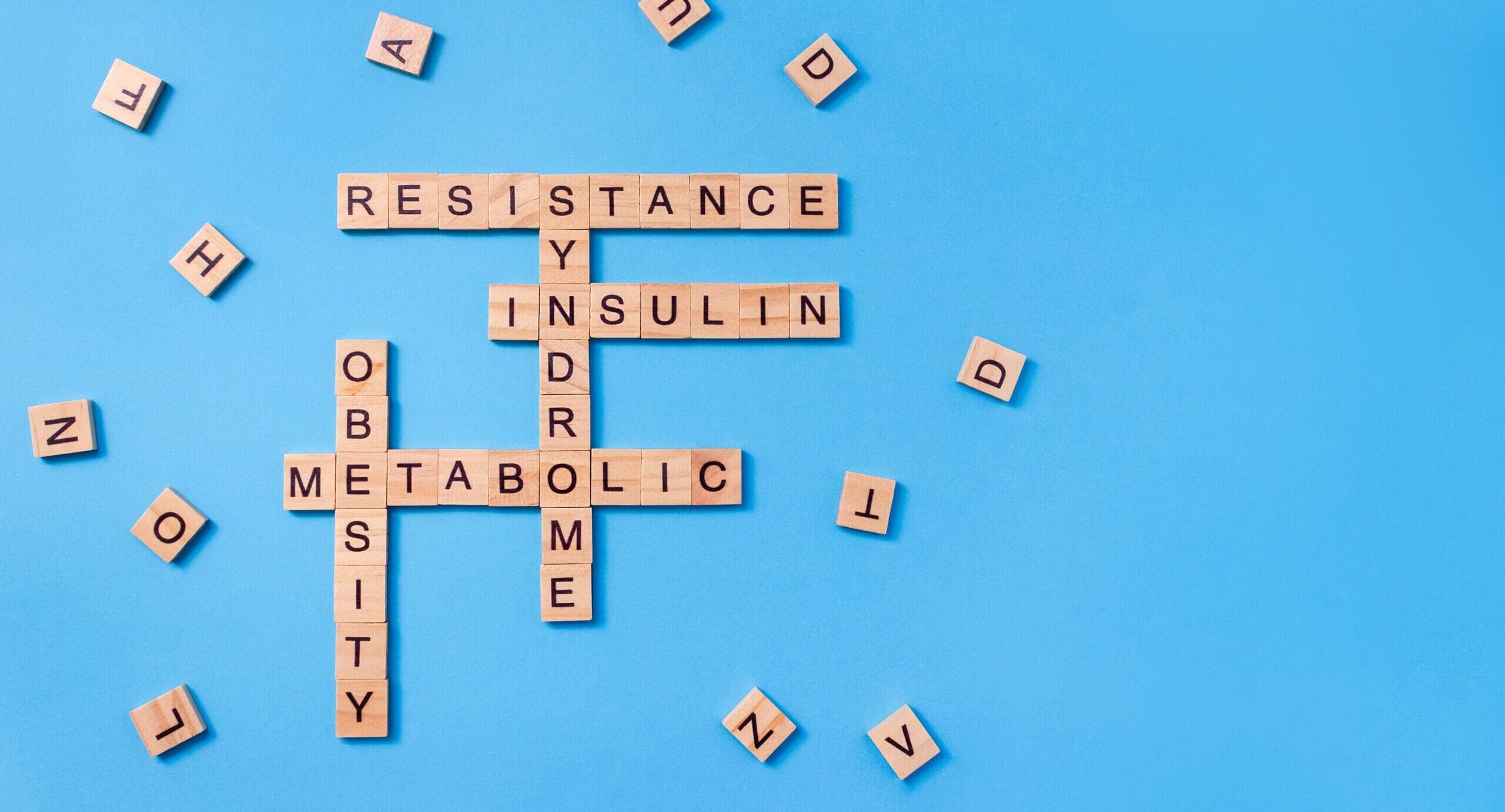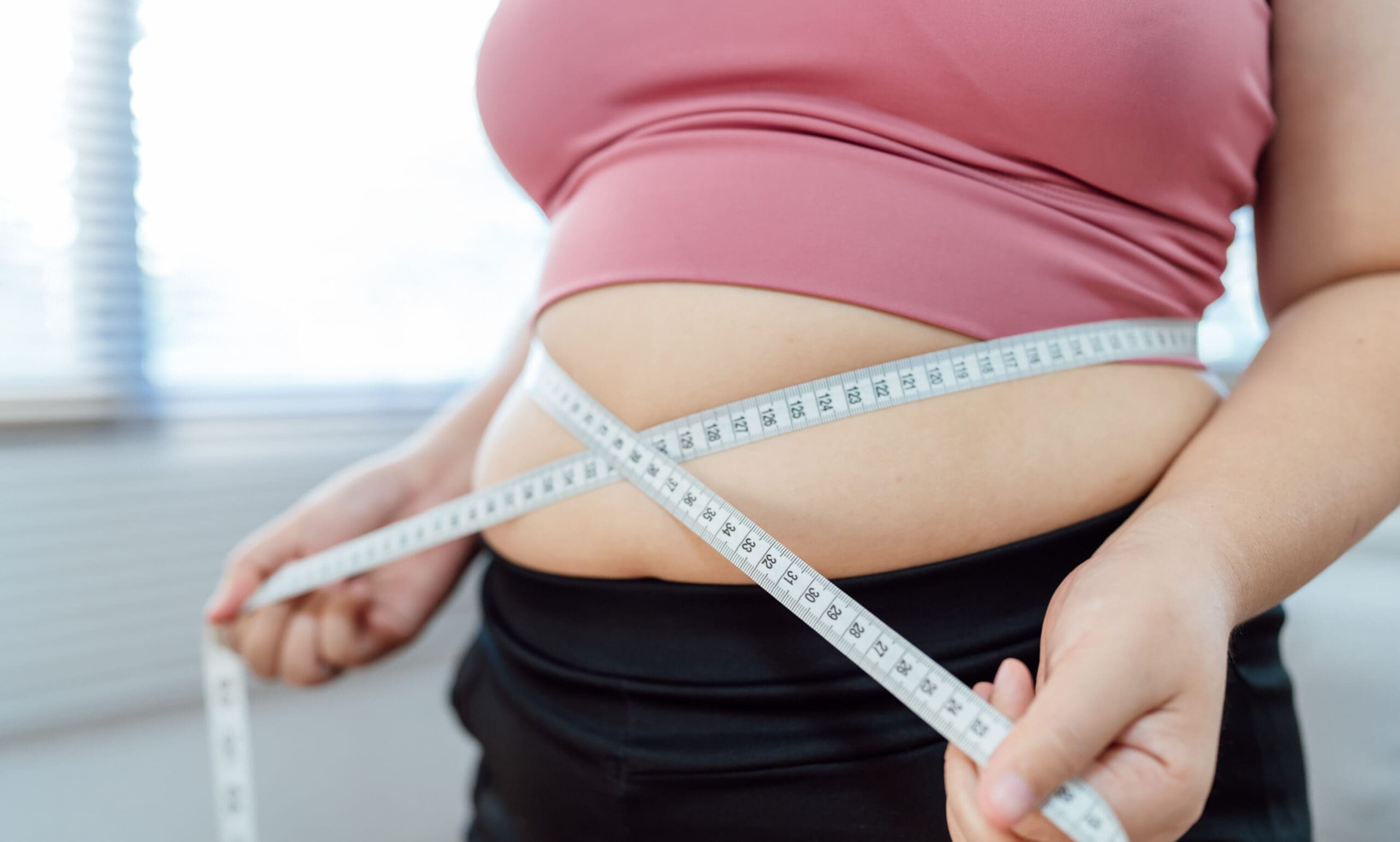Is hyperinsulinaemia your hormone imbalance?
By naturopath Margaret Jasinska
Hormonal conditions are very common among our female patients. Heavy menstrual bleeding, acne, polycystic ovarian syndrome, PMS and fibroids are some typical examples. Insufficient progesterone production is a contributing factor and many of our female patients are aware of this. Oestrogen dominance with relative progesterone deficiency plays a role in most hormonal conditions in women. Oestrogen has a growth-promoting effect and can encourage conditions such as fibroids, endometriosis and excessive menstrual bleeding.
It’s important to realise that insulin is also a growth-promoting hormone and excessively high levels of this hormone may have an even more significant effect. Hyperinsulinaemia means having chronically elevated blood levels of the hormone insulin. It’s also referred to as syndrome X, metabolic syndrome, insulin resistance and prediabetes. A lot of people aren’t aware they have this condition because they’ve never had the tests and they aren’t aware of the symptoms.
Signs and symptoms of hyperinsulinaemia
There are degrees of insulin resistance. Mild cases won’t cause many symptoms at all, whereas type 2 diabetes is end stage insulin resistance.
- Fatty liver. Excess insulin instructs your liver to manufacture fat.
- Abdominal obesity. As the waist grows larger, insulin becomes increasingly ineffective in your body, therefore levels of this hormone rise.
- Hunger and cravings for sugar or carbohydrate-rich foods. People with high blood insulin are hungry and nothing will satisfy their appetite like carbs!
- Elevated blood sugar. A fasting blood sugar level greater than 5.4mmol/L indicates insulin resistance.
- Acne and large pores on the face. Insulin and its cousin insulin-like growth factor 1 promote higher levels of the male hormone testosterone and increase the sensitivity of your face to testosterone. That means you’re more likely to experience acne and greasy skin.
- Polycystic ovarian syndrome. Elevated insulin interferes with the normal maturation of eggs in the ovaries. This can cause an inability to ovulate and consequent progesterone deficiency.
- Scalp hair loss in women in the male pattern (front and sides).
- Skin tags.
- Increased risk of gout. People who are insulin resistant are sensitive to fructose and convert too much of it into uric acid. Elevated uric acid can raise the risk of gout and kidney stones.
- Acanthosis nigricans. This is dark patches on the skin.
- High blood pressure.
- Swollen ankles. Insulin tells your kidneys to hang on to sodium and water, therefore you will look more puffy. You can experience fluid retention anywhere on your body, such as your fingers, face and abdomen.
Since insulin is a growth-promoting hormone, it can encourage an excessively thick uterine lining. This can lead to heavy menstrual bleeding. Women with higher insulin levels are at higher risk of uterine fibroids and polyps, as well as breast cysts and fibroadenomas. Hyperinsulinaemia is particularly a concern for women over the age of 35.
Blood test for insulin resistance
You can have either a fasting insulin blood test or a glucose tolerance test with insulin (also known as the Kraft Test). A glucose tolerance test is where you give a fasting blood sample and then drink a glucose solution before giving two more samples at one and two hour intervals. A healthy fasting insulin level should be less than 10 mIU/L. One and two hours after the sugar drink, a healthy insulin reading should be less than 60 mIU/L. Elevated insulin means you have insulin resistance.
Ways to reverse hyperinsulinaemia
A healthy liver is very important for blood sugar control. This is because the liver can store glucose and fat, and also produce glucose and fat. You want your liver to be good at fat burning. People with a healthy liver have a fast metabolism and don’t gain weight as easily. Unfortunately, a lot of people have a fatty liver and their liver is doing the opposite of what it should be doing – it is very busy making fat.
A healthy liver also helps to control your blood sugar level. If you have not eaten for several hours, your liver is supposed to release some stored glucose into your bloodstream to give you energy and keep hunger at bay. People with a sluggish liver struggle with this and they often feel excessively hungry, weak or irritable if they have gone several hours without food. It makes sticking to a diet extremely difficult! To help improve your liver health I recommend you follow the diet in Dr Cabot’s book Fatty Liver You Can Reverse It. It is not a difficult eating plan to stick to and you should not feel hungry.
Insulin resistant people cannot handle common levels of carbohydrate in their diet. They over secrete insulin in response to eating carbs and they are less likely to feel satisfied after a meal, therefore tend to overeat. That means carbohydrate needs to be restricted in the diet. It is best to get your carbohydrate from vegetables, along with small amounts of nuts and seeds. There is an easy-to-follow low carbohydrate eating plan in Dr Cabot’s book I Can’t Lose Weight and I don’t know why.
Protein is the most important nutrient for those wanting to lose weight and reduce their blood insulin level. It is critical to eat protein at every meal because it is extremely satiating. It will help to make you feel more full and satisfied after a meal, and keep you feeling satisfied for longer. This way sticking to a healthy diet won’t be so much of a struggle.
Examples of protein include eggs, seafood, poultry and red meat. Dairy products, nuts and seeds contain smaller levels of protein. Protein powders can be extremely helpful for those wanting to lose weight because they provide a quick, tasty and easy meal option for busy days. A protein powder smoothie can also make a delicious and filling snack mid morning or in the afternoon, when you might be struggling with sugar cravings.
There are specific nutrient deficiencies that can worsen insulin resistance. Correcting those deficiencies can improve health and make weight loss much easier.









Leave A Comment